Showing 145–160 of 207 results
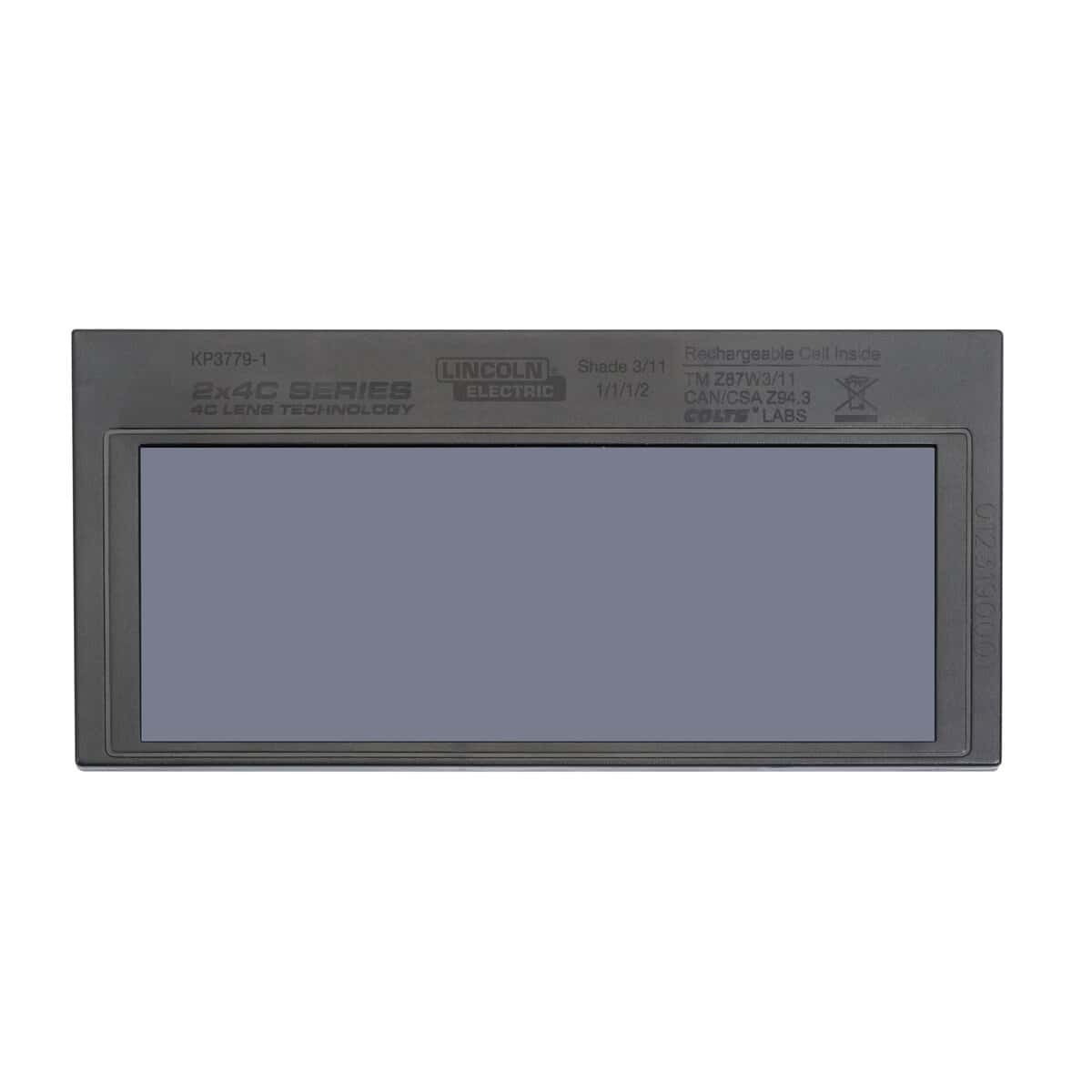
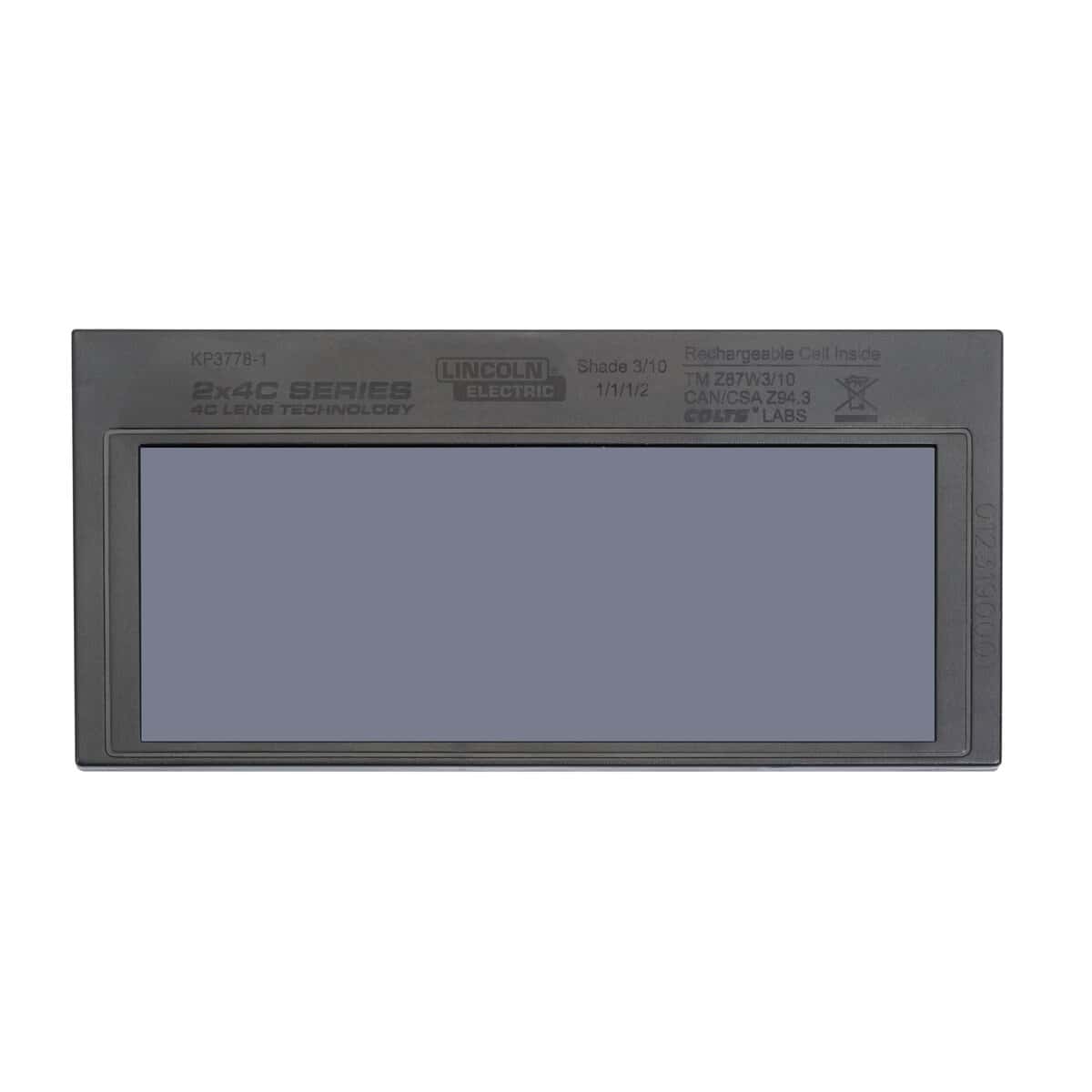
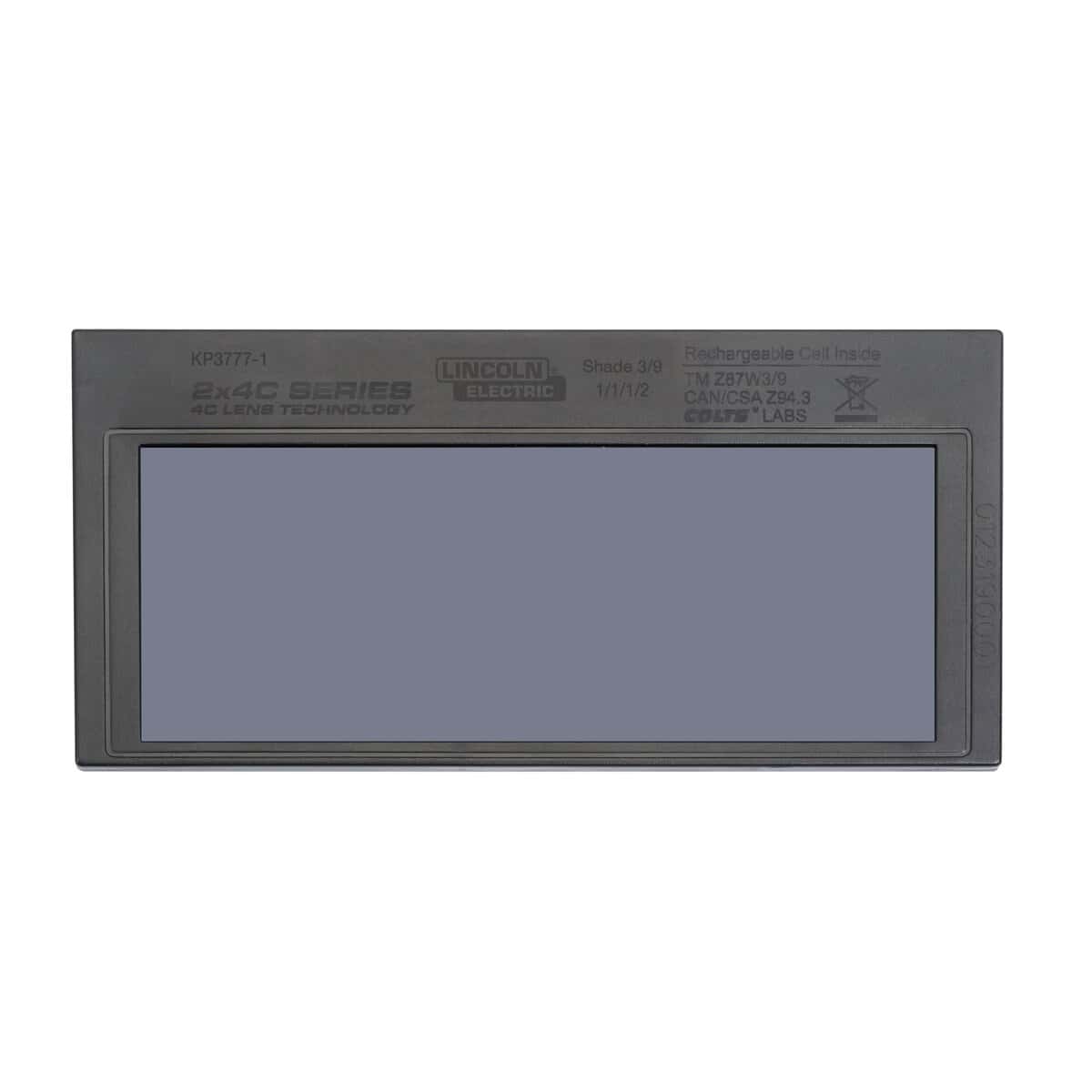
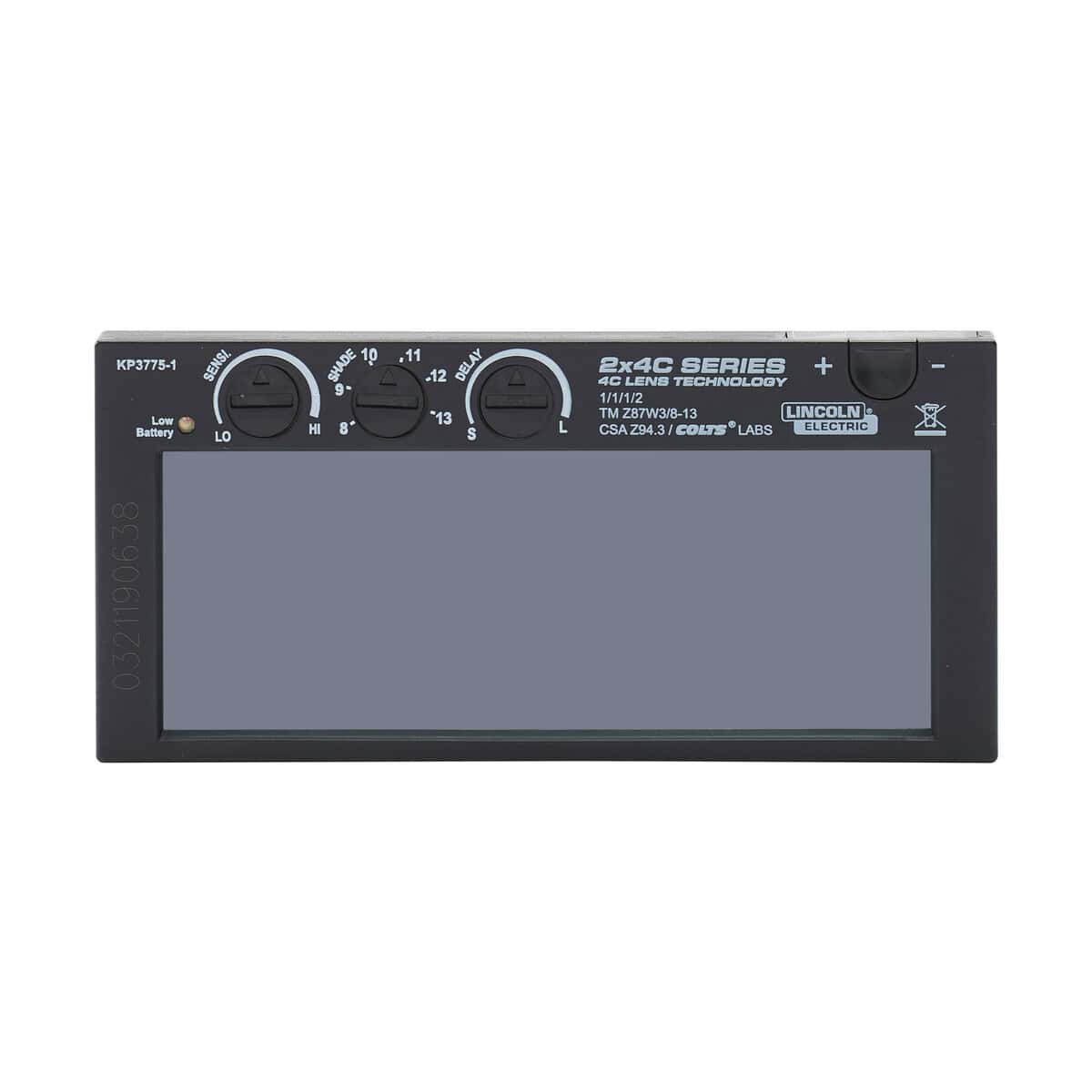
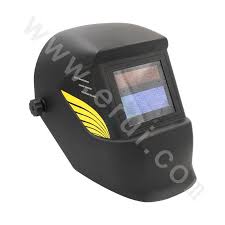
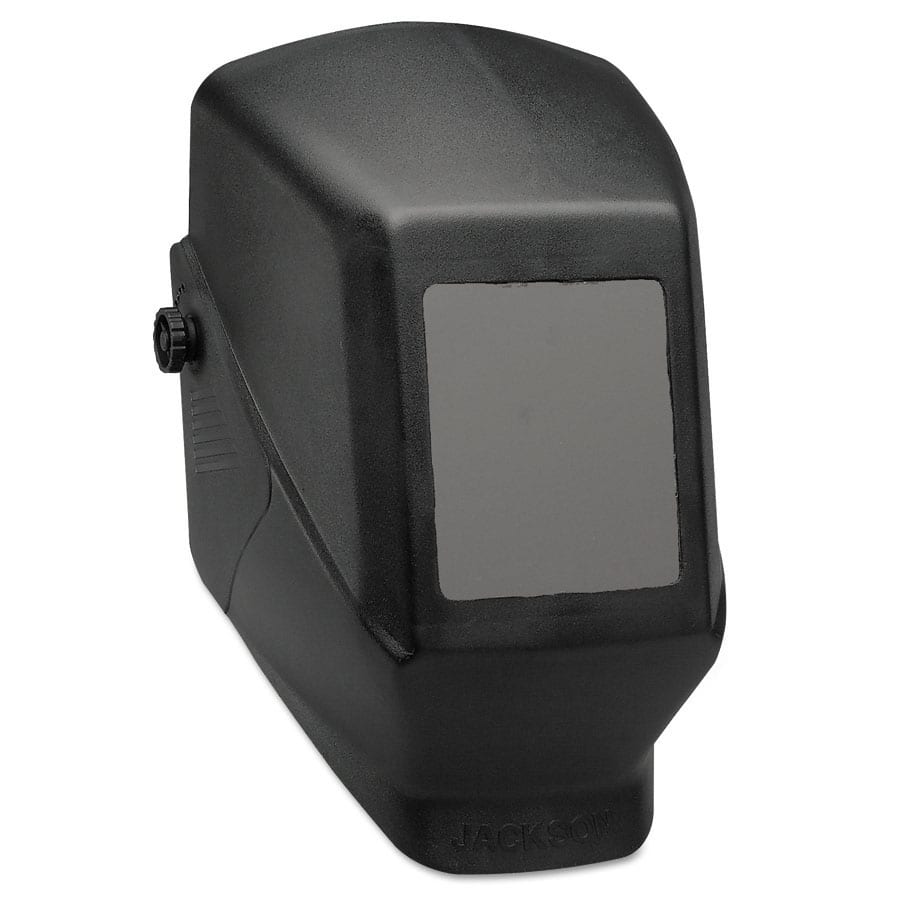
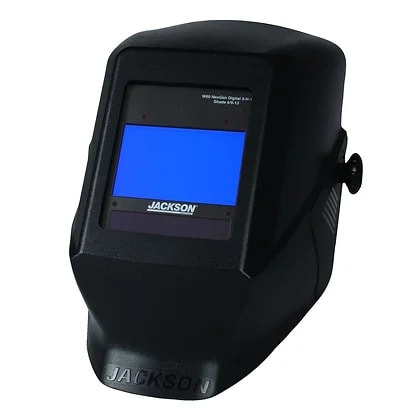
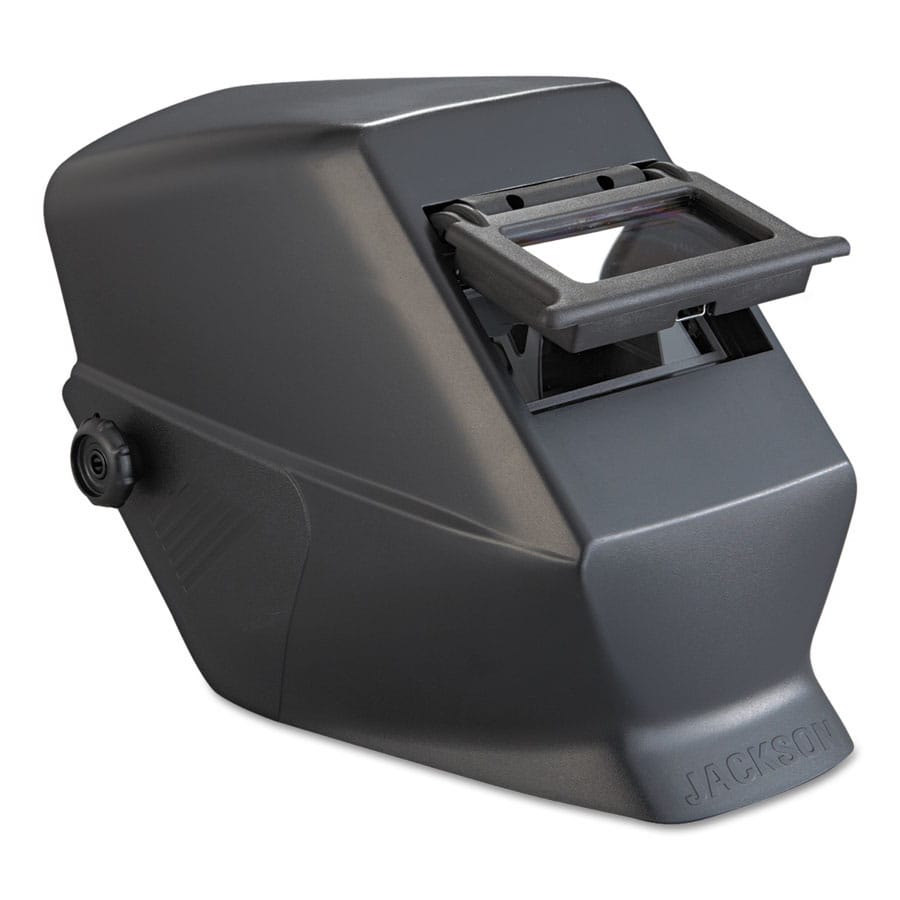
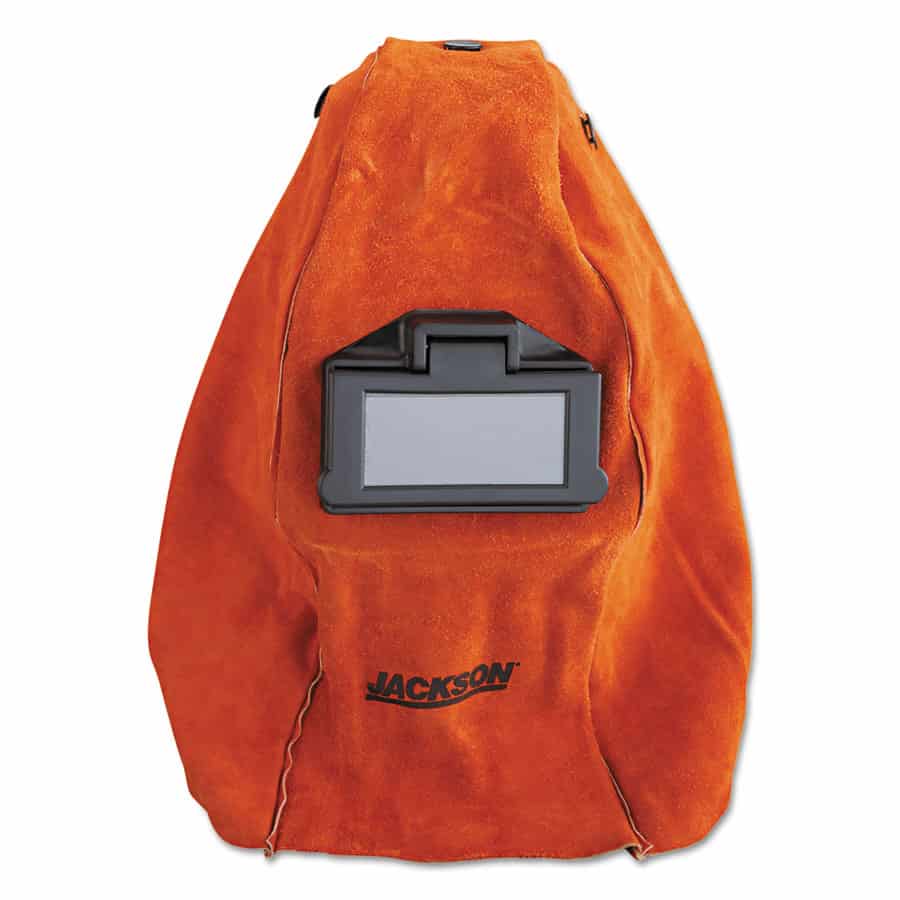
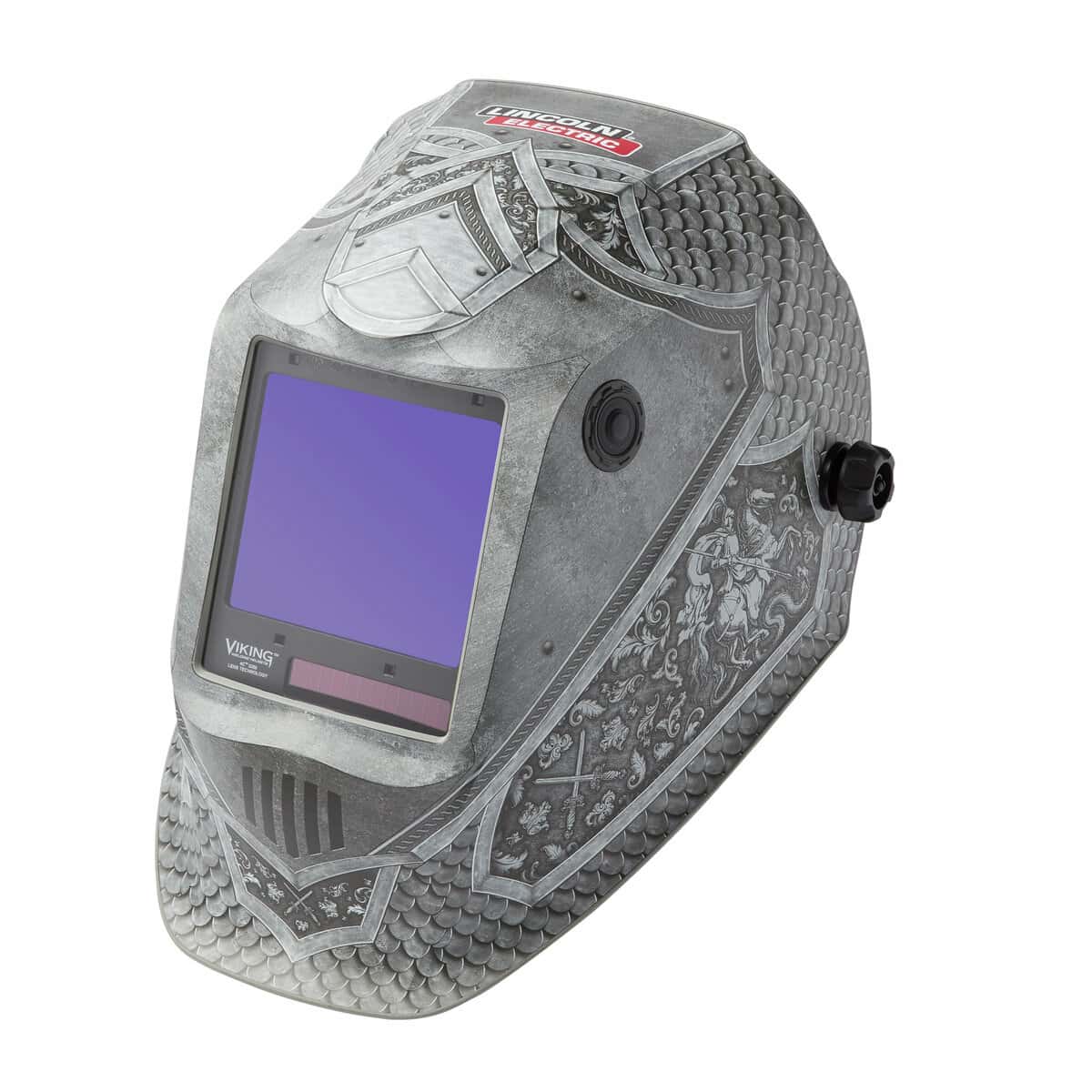
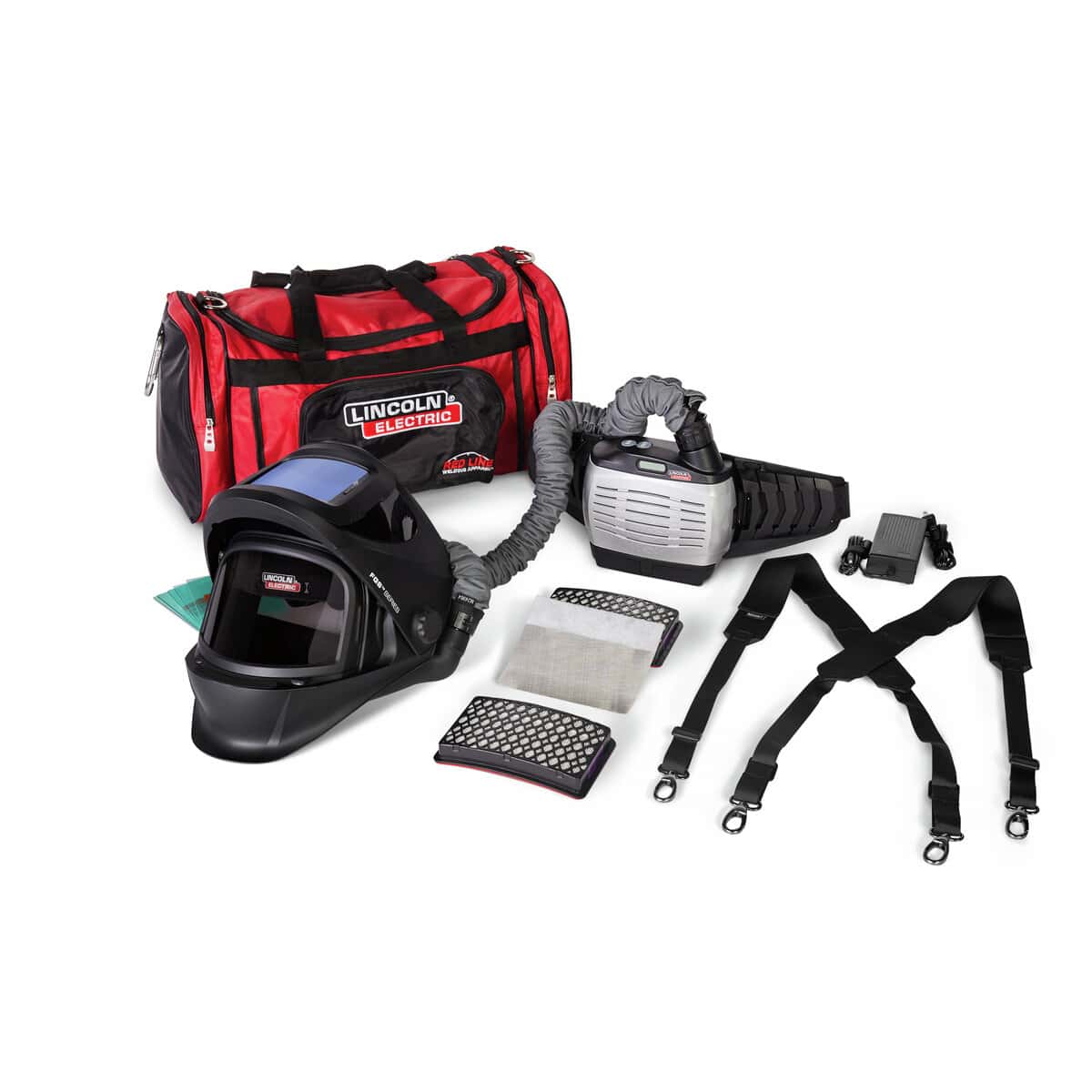
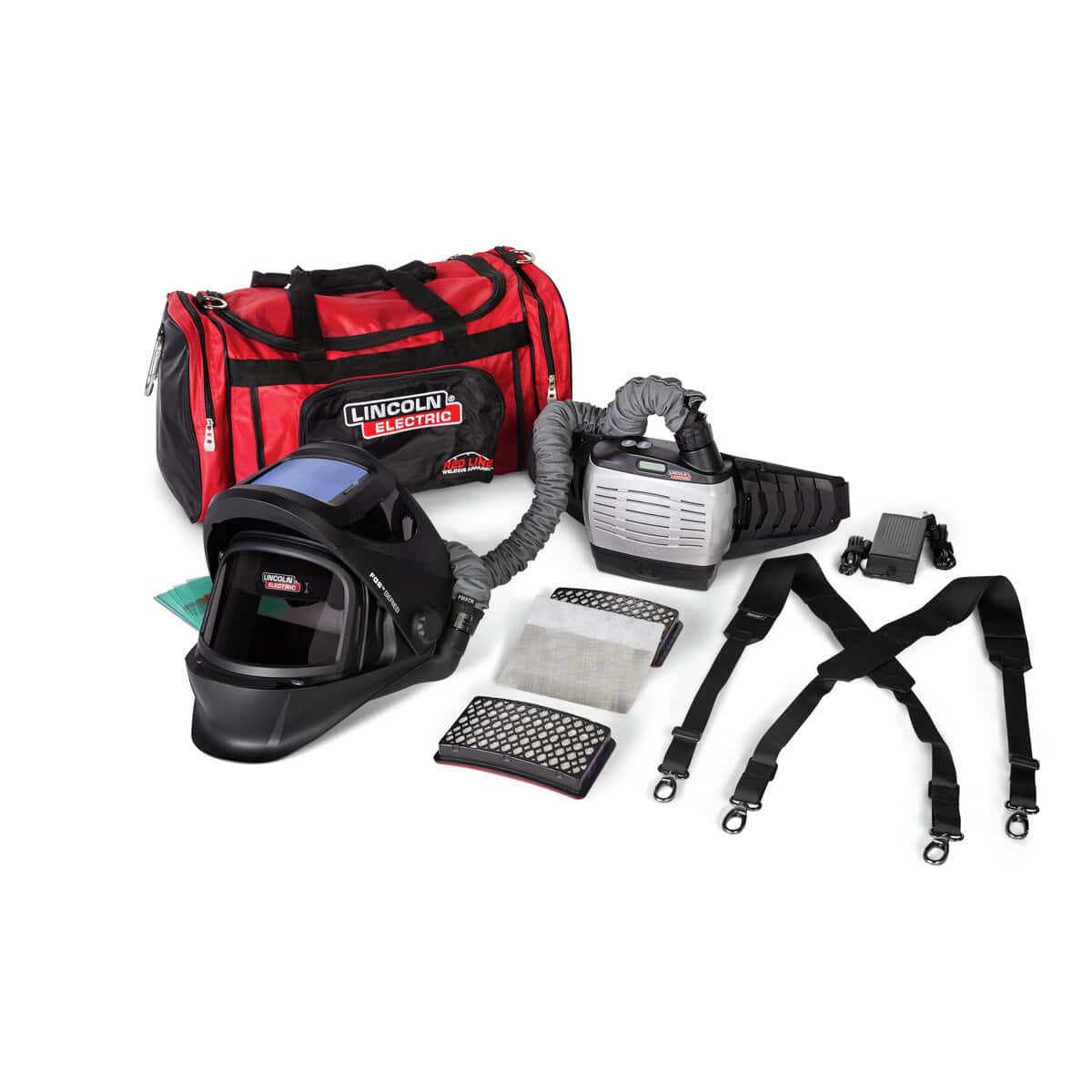
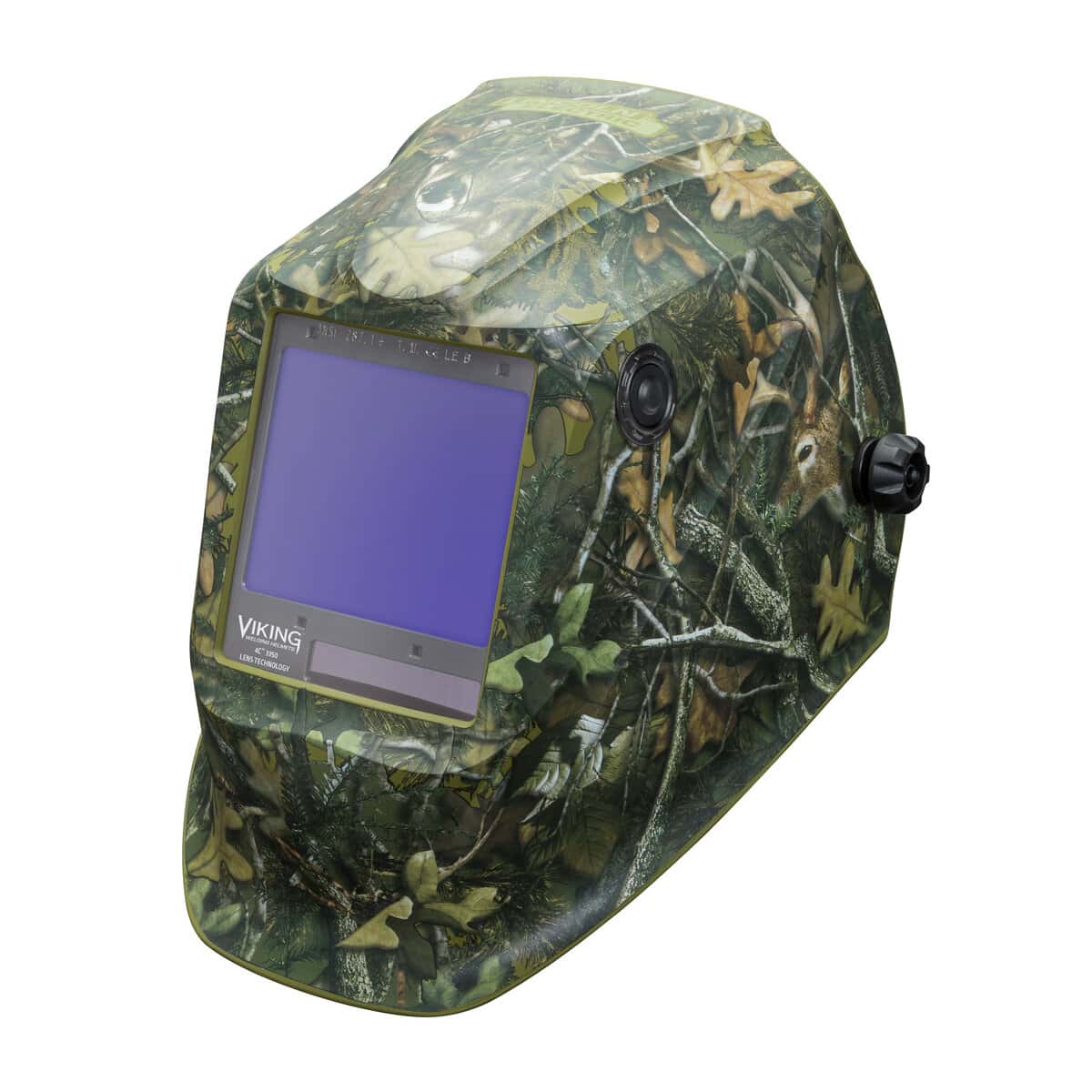
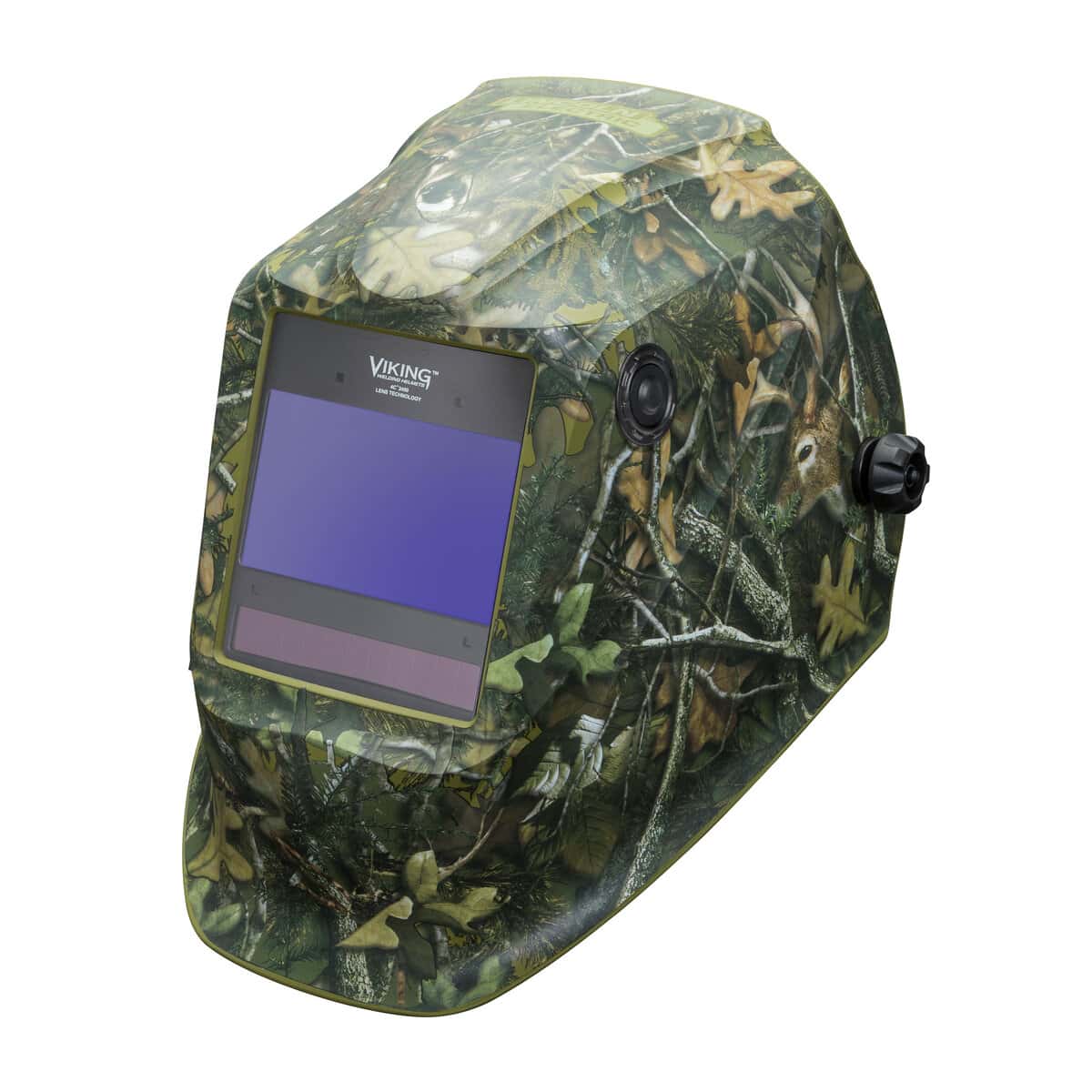
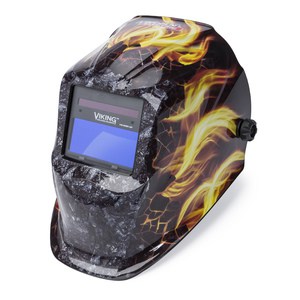
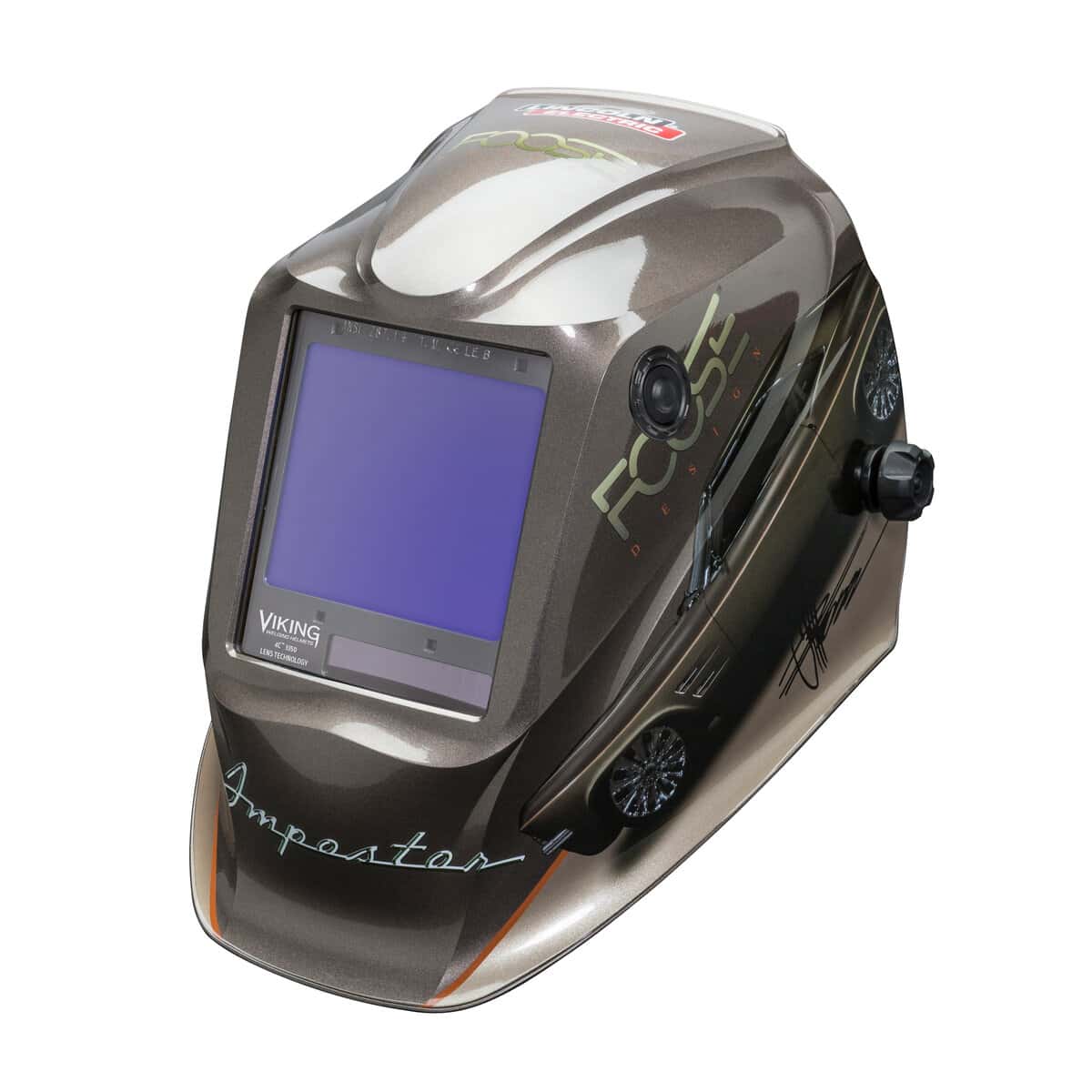
Auto-darkening welding helmets and passive welding helmets represent two distinct approaches to eye protection in welding, each with its set of characteristics and advantages. Auto-darkening helmets, equipped with electronic components, revolutionize the welding experience by automatically adjusting the lens shade when an arc is initiated. This technology allows for seamless transitions between welding and non-welding tasks, eliminating the need for repetitive helmet flipping. With adjustable shade settings, welders can fine-tune darkness levels, catering to the specific requirements of different welding processes. The convenience and efficiency of auto-darkening helmets come at a higher upfront cost, but many welders find the investment worthwhile for the improved workflow and reduced eye strain.
In contrast, passive welding helmets, a traditional choice, feature fixed shade lenses that require manual adjustment before and after welding. Welders must lift the helmet to position it correctly, adding an extra step to the welding process. While these helmets are generally more affordable, they lack the dynamic adaptability of their auto-darkening counterparts. Passive helmets may suit those who prioritize simplicity and have specific preferences for fixed shade levels.
Powered Air-Purifying Respirator (PAPR) helmets are a type of personal protective equipment used in various industrial and healthcare settings to provide respiratory and eye protection.
PAPR helmets consist of a headpiece with an integrated face shield or welding helmet, a powered fan unit, and a filter or combination of filters.
A high-quality Powered Air-Purifying Respirator (PAPR) helmet encompasses several key features crucial for effective respiratory and eye protection. First and foremost, it should have a filtration system, equipped with a high-efficiency particulate air (HEPA) filter or a combination of filters to eliminate airborne particles and contaminants. The positive pressure system is a pivotal feature, ensuring a continuous and controlled flow of filtered air within the helmet, thereby creating a reliable barrier against external pollutants. Adjustable airflow settings contribute to personalized comfort, allowing wearers to tailor the air delivery based on specific tasks and environmental conditions. Comfortable headgear, complete with padded headbands and adjustable straps, ensures an ergonomic fit for various head sizes, promoting extended wear without discomfort. An integrated welding shield, designed for optimal visibility and protection, is essential depending on the application. Battery life, rechargeability, and user-friendly controls play pivotal roles in ensuring uninterrupted functionality and ease of use. A low noise level is vital for a less distracting work environment, and a lightweight design reduces fatigue during prolonged use. Durability, chemical resistance, and compatibility with other safety gear contribute to the overall effectiveness and versatility of a good PAPR welding helmet, ensuring it meets the specific demands of diverse industrial or healthcare applications.